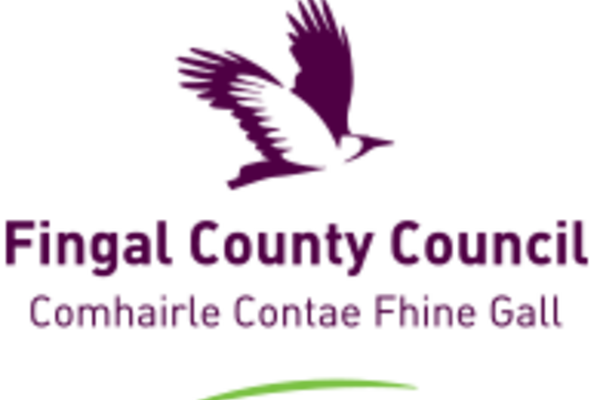Water Quaility Beaches (Raw Data) 2010 2022 FCC
Bathing Season May to September each year and this is the raw data from 2010 - 2022 inclusive which is valuable for analyses it as it show the figures for each beach each year. (2011 data missing as not available)Bathing waters are monitored, assessed and managed under the requirements of the 2008 Bathing Water Quality Regulations. Bathing waters are sampled every two weeks from the end of May to mid-September to assess the microbiological quality of the water and to minimise any public health risk. Samples are tested for two types of faecal bacteria Escherichia coli (also known as E. coli) and Intestinal Enterococci.E.coli (Escherichia coli) and Intestinal Enterococci, occur in very large numbers in the gut of warm blooded animal and human faeces. E.coli and Intestinal Enterococci are analysed in assessing bathing waters compliance and are used as “indicator” organisms where their presence in large numbers in bathing waters is a warning of a possible health risk from other harmful bacteria and viruses which might be present.The annual water quality of bathing waters are assessed and classified as 'Excellent', 'Good', 'Sufficient' or 'Poor'. In the case of Excellent water quality the risk of contracting gastro-intestinal illness is predicted to be ca. 3%, in Good waters ca. 5%, in Sufficient waters 8-9% and in Poor waters ca. >10%.The annual water quality status is determined from results covering a four year period rather than just the past season’s results using statistical methods rather than simple percentage compliance. This approach is more robust, as it averages out the impacts of seasonal variations and takes account of the spread of results.Annual Bathing Water Classifications include: * Excellent * Good Sufficient- PoorClassificationE.coliIntestinal EnterococciExcellent<250<100Good250-500100–200Sufficient500-1000200-250Poor Water>1000>250 The quality assessment is determined by the poorest of the two microbial indicators e.g. E.coli 400, Intestinal Enterococci 20 would result in a ‘Good’ outcome – the poorer of the two being the E.coliFurther InformationFurther information is available on the www.fingal.ie Graphs of the results are posted on notice boards at Fingal’s beaches throughout the season. All bathing water monitoring results are also available on the national www.beaches.ie Beaches waters for each year from 2013 to 2021 for live and up to the minute data see www.beaches.ie which hosts the data from www.epa.ieRelated Data Set Beach Water Quality - fair, good etc. for all beaches as they have now changed how the analyses this and only give good, fair etc. for each beach.


